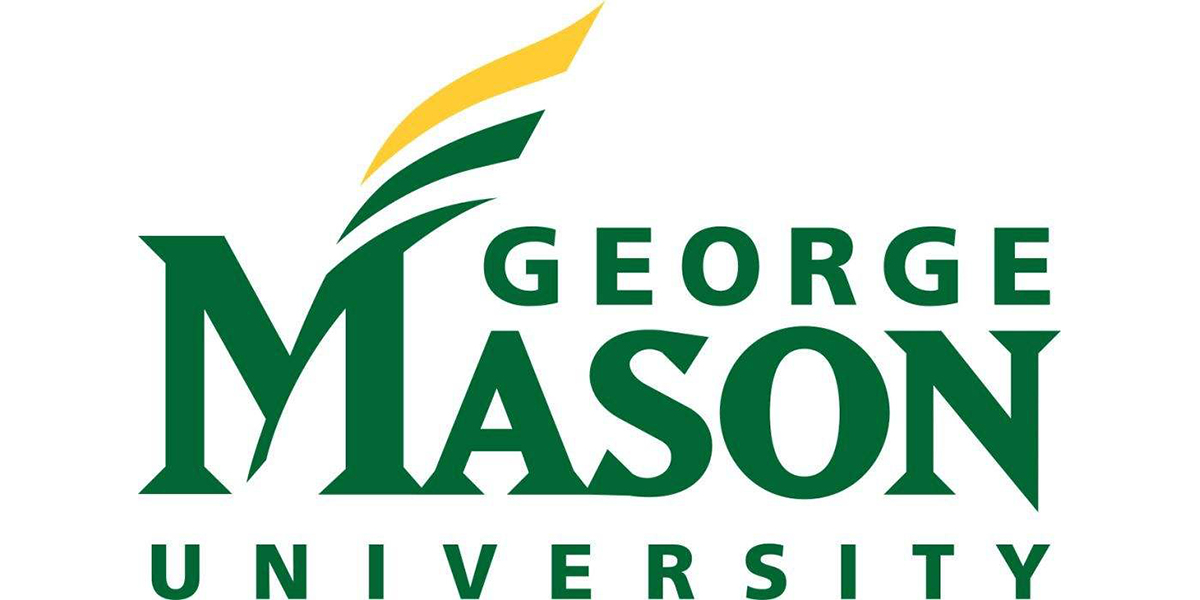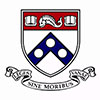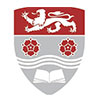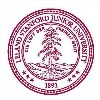美国乔治梅森大学博士后职位—生物工程

美国乔治梅森大学博士后职位—生物工程
Postdoctoral Research Fellow, Department of Bioengineering
George Mason University
The George Mason University Department of Bioengineering, within the College of Engineering and Computing (CEC), is seeking highly motivated candidates for multiple Postdoctoral Research Fellows. George Mason University has a strong institutional commitment to the achievement of excellence and diversity among its faculty and staff, and strongly encourages candidates to apply who will enrich Mason’s academic and culturally inclusive environment.
About the Project:
The postdoctoral research fellows will work on a National Institute of Health (NIH)-funded research project in the laboratory of Professor Holger Dannenberg. The research project focuses on investigating neural mechanisms of spatial cognition, memory, and navigation using freely behaving rodent animal models and state-of-the-art electrophysiology, optogenetics, neural imaging (fiber photometry), and computational data analysis techniques.
The research will primarily take place in the Spatial Cognition laboratory, which is based in the Krasnow Building at George Mason University. The Krasnow Building is a multi-disciplinary facility devoted to research at the intersection of cognitive psychology, neurobiology, neuroengineering, and computational neuroscience. The research group has multiple ongoing collaborations with computational neuroscience and molecular neuroscience laboratories at George Mason University, and provides a stimulating environment of interdisciplinary research. The laboratory is equipped with state-of-the-art instruments for multiple single unit recordings in freely behaving rodents, optogenetic manipulation of neural circuits, fiber photometry, and 3-D tracking of animal behavior. The laboratory has access to multiple core facilities in the Krasnow building and to high-performing computing clusters. Additional information can be found at: https://dannenberglab.org and https://bioengineering.gmu.edu/profiles/hdannenb-0
About the Position:
We are looking for highly motivated candidates who can contribute to the two main goals of a research project that is fully funded for up to 3 years by the National Institute of Neurological Disorders and Stroke (NINDS) of the National Institutes of Health (NIH), grant #R00NS116129 (previously K99NS116129).
Goal 1: The first project goal focuses on investigating the role of cholinergic modulation in the coding of location by grid cells in the medial entorhinal cortex. This project will involve multiple single unit recordings and fiber photometry of cholinergic activity in freely behaving mice.
Goal 2: The second project goal focuses on exploring neural dynamics in the formation of a cognitive map as a function of i) multimodal sensory inputs and ii) cholinergic modulation. This project will involve multiple single unit recordings in the entorhinal cortex and optogenetic manipulations of medial septal inputs in freely behaving mice.
Prior experience with survival surgeries in mice, electrophysiological recordings, and data analysis using Matlab or Python is advantageous.
Responsibilities:
Duties include performing experiments, analyzing data, writing and submitting manuscripts for publication, presenting data at regional and national conferences, as well as mentoring and supervising PhD and undergraduate students in the lab. The Spatial Cognition laboratory is looking for candidates who are highly motivated and have a passion for neuroscience research, i.e. who are passionate about running experiments, solving technical challenges, data analysis, and discussing their data with colleagues. Candidates who can thrive in a highly collaborative and interdisciplinary environment and can take leadership roles in developing their own independent research initiatives and mentoring students are highly desired. Specifically, candidates will have a chance to:
Work on Interdisciplinary Projects
Collaborate closely with engineers and data scientists from different disciplines; and
Develop existing and acquire new technical and analytical skills.
Work Closely with Cutting Edge Technology
Work with and further develop technologies such as multiple single unit recordings, optogenetics, fiber photometry, 3-D tracking of animal behavior, deep learning tools, signal processing analysis techniques, and computational models.
Leadership Roles and Career Development
•Opportunities to mentor graduate and undergraduate students; and
•Opportunities to develop research projects and apply for independent funding.
Required Qualifications:
•Doctoral/PhD degree in Neuroscience, Systems Neuroscience, Bioengineering, Neurobiology/Neurophysiology, Psychological Brain Sciences, or related areas of study by the start date of the position; and
•Strong interpersonal skills and ability to communicate with people outside of the field.
Preferred Qualifications:
•Quantitative ability, and programming skills in MATLAB and/or Python;
•Good command of the English language; and
•Experience with electrophysiology and/or optogenetics in freely behaving rodents.
A Force for Innovation in the Heart of Northern Virginia’s Technology Corridor
The College of Engineering and Computing (CEC) at George Mason University is comprised of the Volgenau School of Engineering and a new School of Computing. The College is a fast-growing force for innovation in research and education. Ranked nationally in the top 100 in both undergraduate and graduate education, the College boasts more than 9,100 students in 37 undergraduate, master’s, and doctoral degree programs, including several first-in-the-nation offerings. Of the 271 full-time faculty who comprise the College, 91 are tenured, 59 are tenure-track, 89 are instructional faculty, and 32 are research faculty. As part of a nationally ranked research university, its research teams expended more than $75 million in sponsored research awards in the past year and has projects with over $400 million in current and anticipated awards. The College stands out for its leading research in areas such as artificial intelligence, data analytics engineering, cybersecurity engineering, biomedical imaging and devices, community-based healthcare, autonomous systems, 5G/Next G communications, systems architectures, computational biomedicine, advanced materials and manufacturing, sustainable infrastructure, and more. The College encourages multidisciplinary research and provides ample opportunity for faculty to work with other disciplines.
George Mason University is the largest and most diverse public research university in Virginia, with an enrollment of over 39,000 students studying in over 200 degree programs. Mason is an innovative, entrepreneurial institution with national distinction in a range of academic fields. It was classified as an R1 research institution in 2016 by the Carnegie Classifications of Institutes of Higher Education. Mason has campuses in Fairfax, Arlington, and Prince William. Its proximity to Washington, D.C. provides unmatched geographical access to a number of federal agencies and national laboratories. Northern Virginia is also home to one of the largest concentrations of high-tech firms in the nation, providing excellent opportunities for interaction with industry. The region is consistently rated as being among the best places to live in the country, and has an outstanding local public school system.
In conjunction with Amazon’s decision to establish a second headquarters in Northern Virginia, the Commonwealth of Virginia announced a multi-year plan to invest in the growth of degree programs in computing. George Mason University has committed to accelerate its plans to grow its capacity in computing and high-tech fields. Among the exciting initiatives being undertaken by the university are the launch of the Institute for Digital InnovAtion, a university think tank and incubator to serve the digital economy, and the expansion of its Arlington Campus with a planned 400,000 square foot building that will house the new Institute for Digital InnovAtion. These initiatives reflect hundreds of millions of dollars in new investment by Mason that will rapidly elevate the university’s already leading national position in computing and related areas.
Special Instructions to Applicants
For full consideration, applicants must complete the online application at https://jobs.gmu.edu/ for position number F761AZ; and attach a cover letter, CV, a statement of what diversity and inclusion mean to you (to attach as ‘Other Doc’), transcripts, one letter of recommendation from your doctoral advisor, one sample publication, and a list of three professional references (including letter writer) with contact information.
Full consideration will apply to applicants who submit their completed application by July 8, 2022; however, review of applications will continue until the position is filled.
George Mason University is an equal opportunity/affirmative action employer, committed to promoting inclusion and equity in its community. All qualified applicants will receive consideration for employment without regard to race, color, religion, sex, sexual orientation, gender identity, national origin, age, disability or veteran status, or any characteristic protected by law.

















